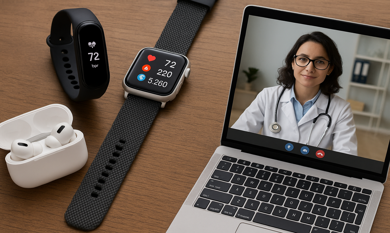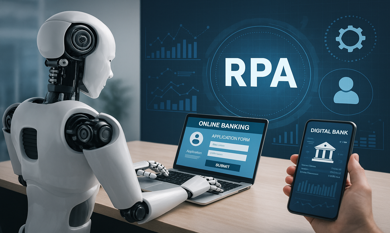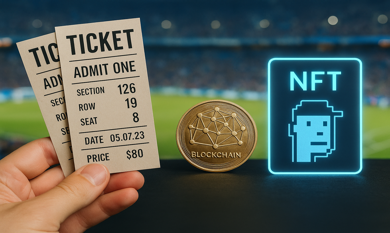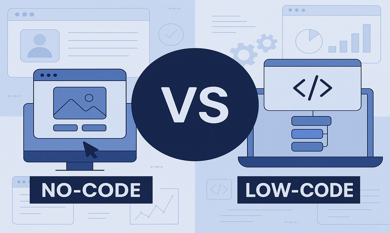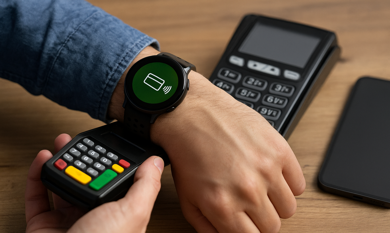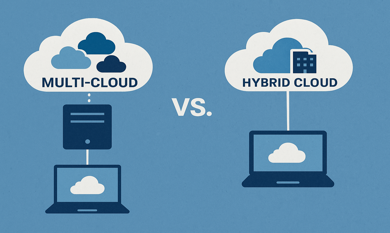Machine learning (ML) is revolutionizing the healthcare industry by enabling faster diagnoses, personalized care, operational efficiency, and more informed medical decisions. Startups and hospitals alike are harnessing the power of ML to reshape how medical services are delivered and consumed.
In this expanded guide, we dive deep into high-impact ML use cases, explore global company examples, and reveal the immense potential this technology holds for innovators in the healthcare space.
1. Faster & More Accurate Diagnoses
ML algorithms excel at identifying patterns in medical images and data that might be missed by the human eye. With scalable and adaptive tools, developers can train ML models to recognize abnormalities in radiographs, MRIs, and CT scans, supporting faster and more accurate clinical decisions.
Company Example: Aidoc – New York, USA
Aidoc's AI radiology platform analyzes medical images to detect life-threatening conditions like brain hemorrhages and pulmonary embolisms. By prioritizing urgent cases, Aidoc helps emergency teams act quickly and efficiently, improving patient outcomes and saving lives.
Aidoc's integration into hospital workflows demonstrates how ML-driven diagnostics can reduce clinician burnout and augment decision-making in high-pressure environments.
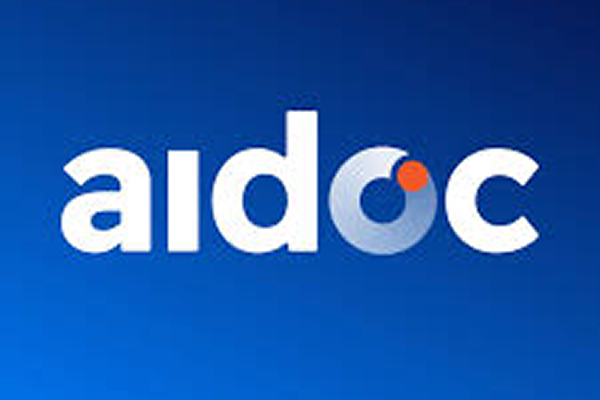
2. Predictive Healthcare & Risk Scoring
Predictive analytics powered by ML allows healthcare providers to identify high-risk patients and intervene early. By analyzing historical and real-time data, these models forecast complications, readmissions, and potential health deterioration.
Company Example: Jvion – Atlanta, Georgia, USA
.png)
Jvion's Clinical AI platform delivers insights into patient vulnerabilities by analyzing a combination of clinical, socioeconomic, and behavioral data. Hospitals using Jvion have reported reduced readmission rates and improved patient engagement through timely care.
Startups in this field are developing risk stratification tools that support population health management and value-based care initiatives.
3. Personalized Treatment Recommendations
No two patients are alike. ML makes it possible to tailor treatments by analyzing complex datasets such as genetic profiles, electronic health records, and lifestyle data. Personalized medicine can significantly increase the efficacy of therapies, especially in oncology and rare disease treatment.
Company Example: Tempus – Chicago, Illinois, USA

Tempus empowers doctors with data-driven insights that align patients with optimal therapies and clinical trials. Their technology combines genomic sequencing with natural language processing to extract meaningful insights from clinical notes and unstructured data.
This approach enhances treatment planning and helps reduce time spent on trial-and-error medication cycles.
4. Operational Efficiency & Workflow Automation
ML is optimizing hospital logistics, reducing wait times, and enabling better resource utilization. By analyzing patterns in admissions, bed occupancy, and staff performance, AI helps streamline operations.
Company Example: Qventus – Mountain View, California, USA

Qventus uses ML to deliver real-time recommendations for managing emergency department flow, ICU bed availability, and surgical scheduling. Their tools allow hospitals to reduce unnecessary delays and improve the patient experience.
Healthcare startups focusing on backend automation are finding receptive markets eager for efficiency and cost savings.
5. Virtual Health Assistants & Patient Interaction
AI-powered chatbots and digital assistants help patients access information, book appointments, and monitor symptoms. These tools reduce the workload on front-line staff while improving patient accessibility.
Company Example: Babylon Health – London, United Kingdom

Babylon combines symptom checkers, virtual consultations, and health monitoring in a single mobile app. Their AI chatbot engages users in meaningful health conversations and provides actionable insights based on responses.
ML-driven virtual care platforms are critical for expanding care to underserved populations and reducing dependency on in-person visits.
6. Accelerated Drug Discovery & Development
Pharmaceutical research traditionally takes years. ML speeds up the process by predicting drug efficacy, identifying target compounds, and even designing new molecules.
Company Example: Insilico Medicine – New York, USA

Insilico Medicine uses deep learning to model biological processes and simulate drug interactions. Their algorithms help pharmaceutical companies reduce R&D costs and accelerate the clinical trial pipeline.
AI-guided discovery opens new frontiers in rare disease research and precision therapeutics.
7. Real-Time Remote Patient Monitoring
Wearables and remote monitoring tools collect continuous data on vital signs. ML models process this data to detect anomalies and alert caregivers in real time, ensuring timely intervention.
Company Example: Current Health – Boston, USA
.png)
Current Health's ML-powered platform tracks heart rate, respiration, mobility, and more. It helps providers manage patients remotely while avoiding unnecessary hospital visits and admissions.
As healthcare shifts to the home, remote monitoring startups play a pivotal role in chronic care management and post-discharge support.
8. Fraud Detection in Medical Billing & Claims
Healthcare fraud leads to billions in losses annually. ML systems analyze billing patterns to detect anomalies, flagging suspicious claims and reducing administrative waste.
Company Example: Zebra Medical Vision – Shefayim, Israel

Zebra Medical extends its capabilities beyond imaging to collaborate with insurers, using ML to detect inconsistencies in claims. Their algorithms enhance both patient care and payer trust by improving billing transparency.
9. Mental Health Support Through AI
Digital mental health solutions powered by ML offer scalable therapy alternatives. These platforms analyze user input for sentiment, emotional tone, and behavioral cues to provide real-time support.
Company Example: Woebot Health – San Francisco, California, USA

Woebot provides a friendly, interactive AI chatbot trained in cognitive behavioral therapy. It checks in on users daily, helping them develop emotional awareness and resilience.
Mental health startups are using AI to democratize access and break down the stigma of seeking help.
10. Improved Data Security & Patient Privacy
With cyberattacks on the rise, ML-based threat detection systems are essential for safeguarding patient records. These models learn from security incidents and respond to threats in real time.
Company Example: Darktrace – Cambridge, United Kingdom

Darktrace deploys self-learning AI to protect healthcare infrastructure. Their models detect ransomware attacks and unauthorized access, providing an active defense layer for sensitive health data.
Security-focused ML startups are a vital component of trust-building in digital health ecosystems.
Opportunities for Healthcare Innovators
From precision diagnostics to proactive health management, the ML revolution is reshaping every facet of healthcare. Founders and healthcare executives investing in machine learning development will be better equipped to scale, innovate, and meet evolving patient needs.
Startups can partner with hospitals to co-develop solutions tailored to real-world workflows, while health systems can gain a competitive edge through AI-powered care.
Conclusion
Machine learning is more than just a tech trend—it's a catalyst for transforming care delivery, improving outcomes, and enabling sustainable growth. By embracing ML tools, healthcare organizations can automate complex tasks, unlock insights from data, and ultimately offer better patient experiences.
For innovators seeking to enter this exciting space, collaborating with a reliable machine learning development company in Dallas is a strategic first step.
Theta Technolabs, a leader in healthcare ML innovation, delivers custom AI and ML solutions that empower startups and hospitals to enhance diagnostics, streamline operations, and offer personalized care. From ideation to deployment, their team ensures each product is built with accuracy, scalability, and compliance in mind.






















_Choosing%20the%20Right%20App%20Development%20Company_%20A%20Comprehensive%20Guide_Q1_24.jpg)
_Chatbots%20for%20Event%20Management%20and%20Hospitality%20Services_Q1_24.jpg)
_Best%20iOS%20App%20Development%20Company_%20Enhancing%20User%20Engagement%20with%20Push%20Notifications_Q2_24.jpg)
_Key%20Trends%20in%20Healthcare%20Software%20Development%20for%20the%20Future_Q2_24.jpg)
_How%20much%20does%20it%20cost%20to%20create%20an%20android%20app%20in%202024%20for%20Startups_%20A%20detailed%20guide_Q2_24.jpg)
_Integrating%20Chatbots%20Into%20Your%20Application.jpg)


_Enhancing%20Driver%20Safety%20and%20Compliance%20with%20Web%20Apps%20in%20the%20Logistics%20Sector_Q3_24.jpg)
_Web%20Apps%20for%20Retail%20and%20eCommerce_%20Streamlining%20Operations%20and%20Reducing%20Costs_Q3_24.jpg)
_How%20AI%20is%20Enhancing%20Construction%20Site%20Surveillance%20and%20Security%20in%20Dallas_Q3_24-1.jpg)
_The%20Impact%20of%20Cross-Platform%20Apps%20on%20Real%20Estate%20Market%20Trends%20in%20Dallas_Q3_24-1.jpg)
_Streamlining%20Appointment%20Scheduling%20with%20Cloud%20Computing%20in%20Dallas%20Healthcare_Q4_25.jpg)
_How%20Cloud%20Solutions%20Are%20Enhancing%20Remote%20Patient%20Monitoring%20in%20Healthcare_Q4_25.jpg)










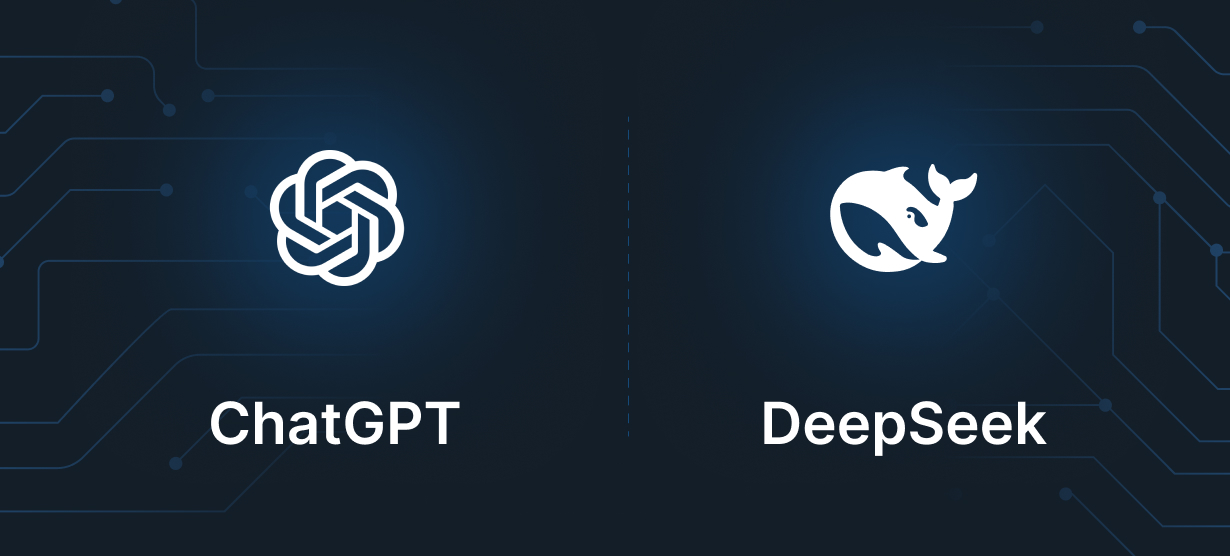




















.png)



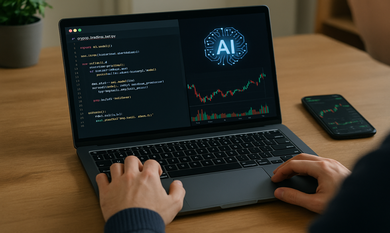
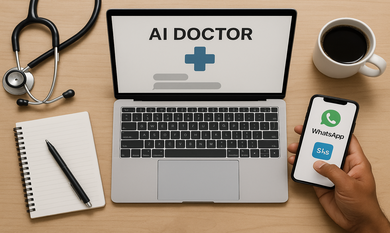
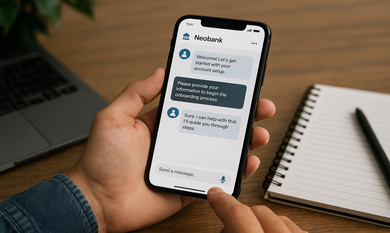
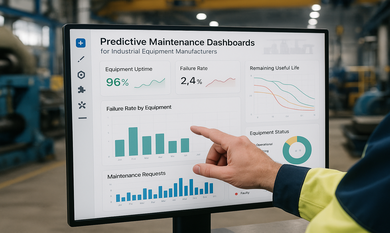
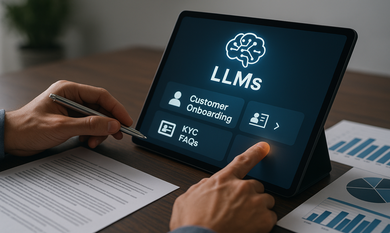

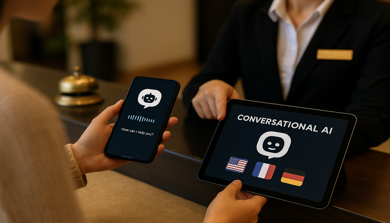
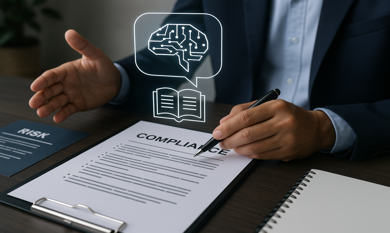
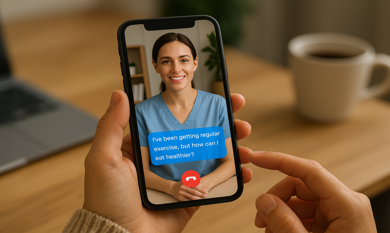
.png)

.png)
.png)
.png)
.png)


.png)
.png)
.png)
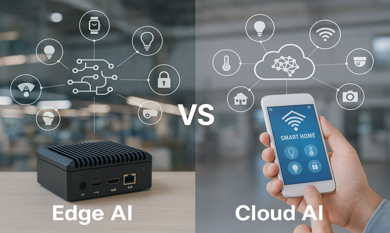
.png)



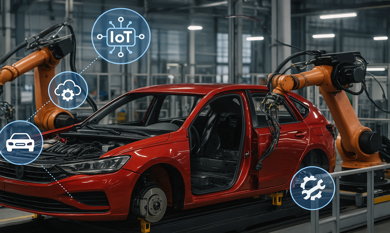


.png)
.png)

